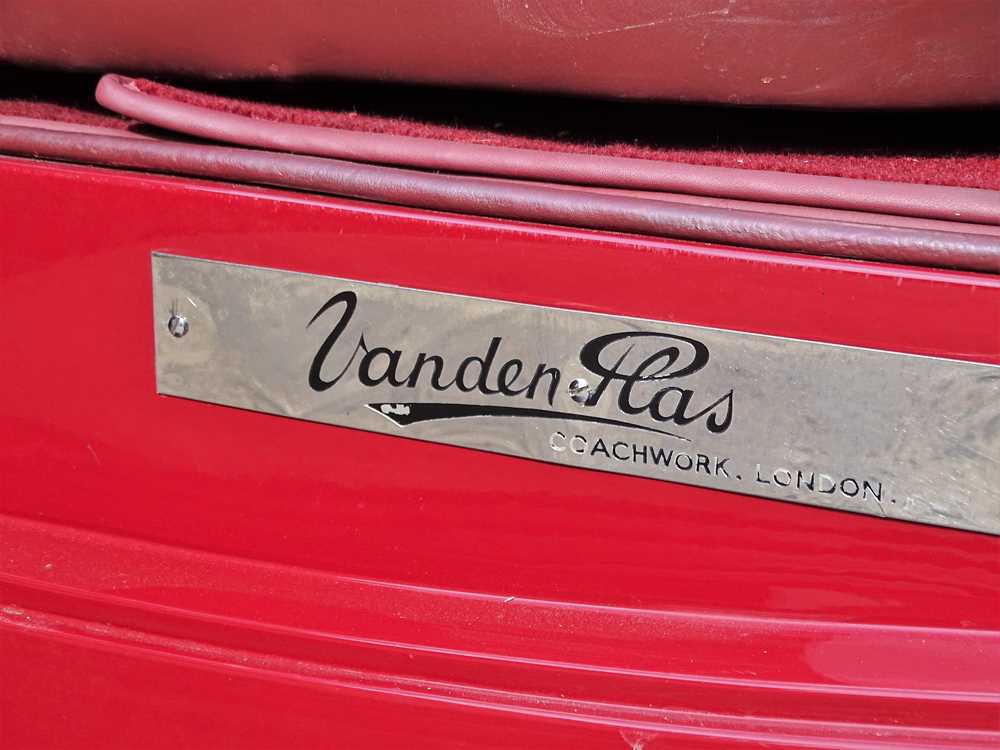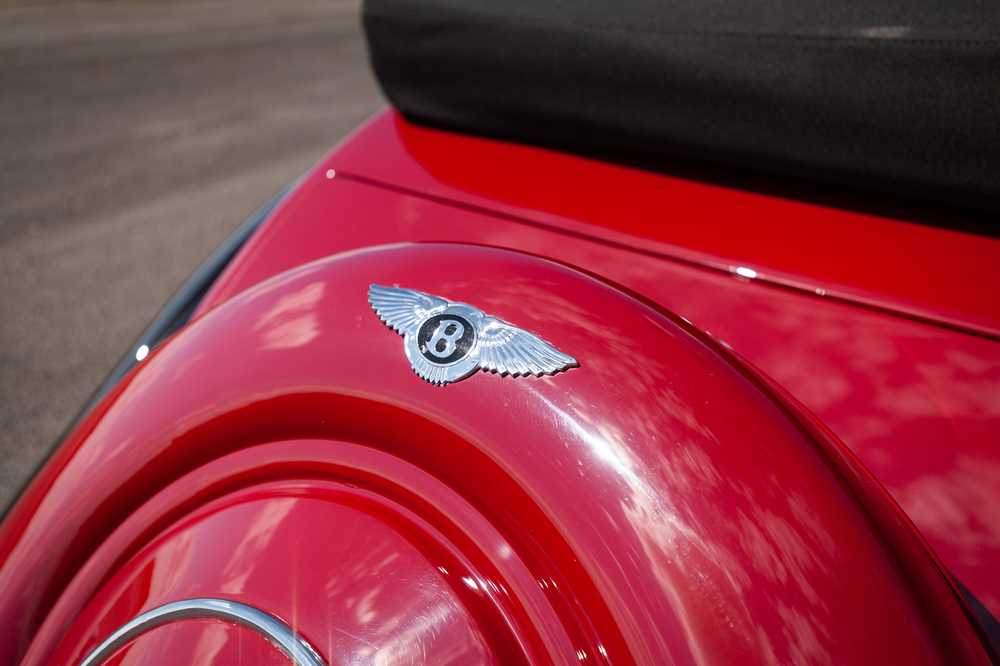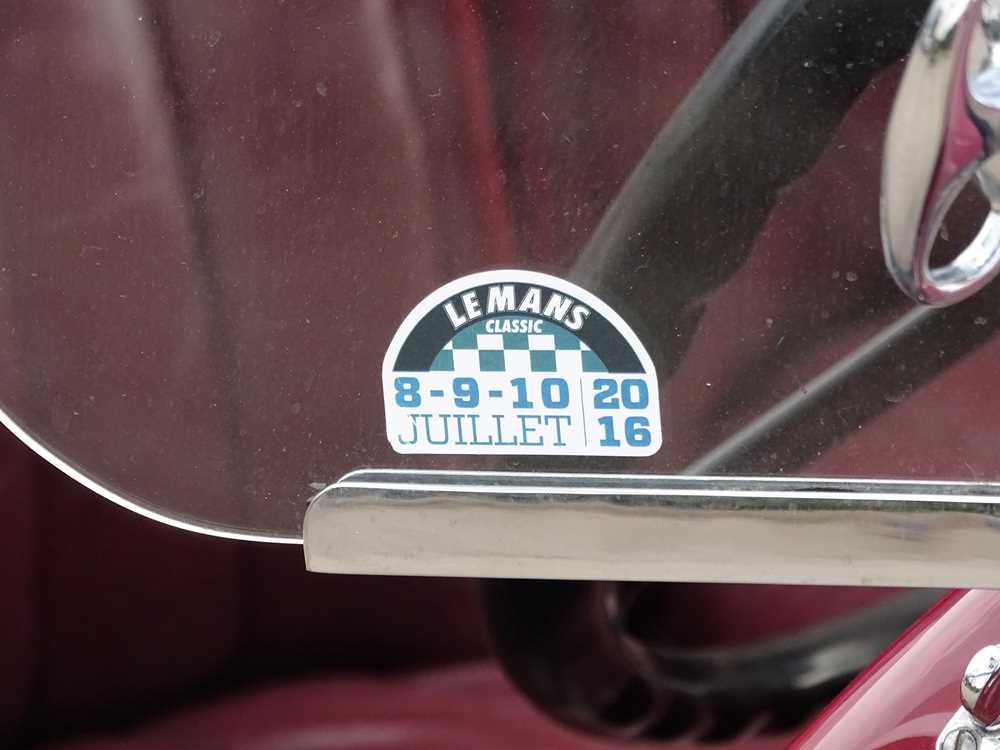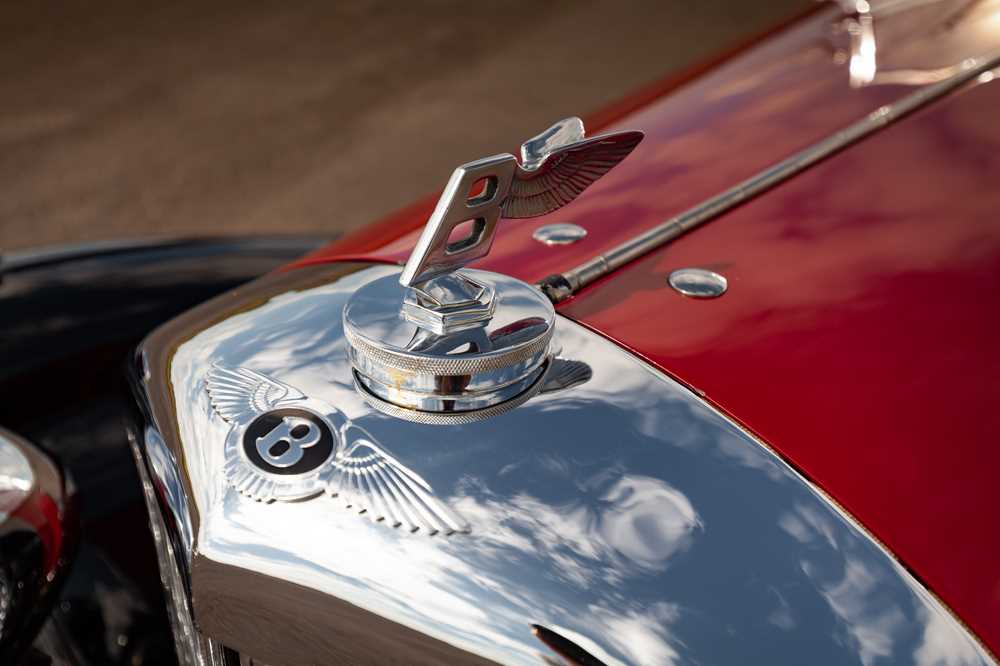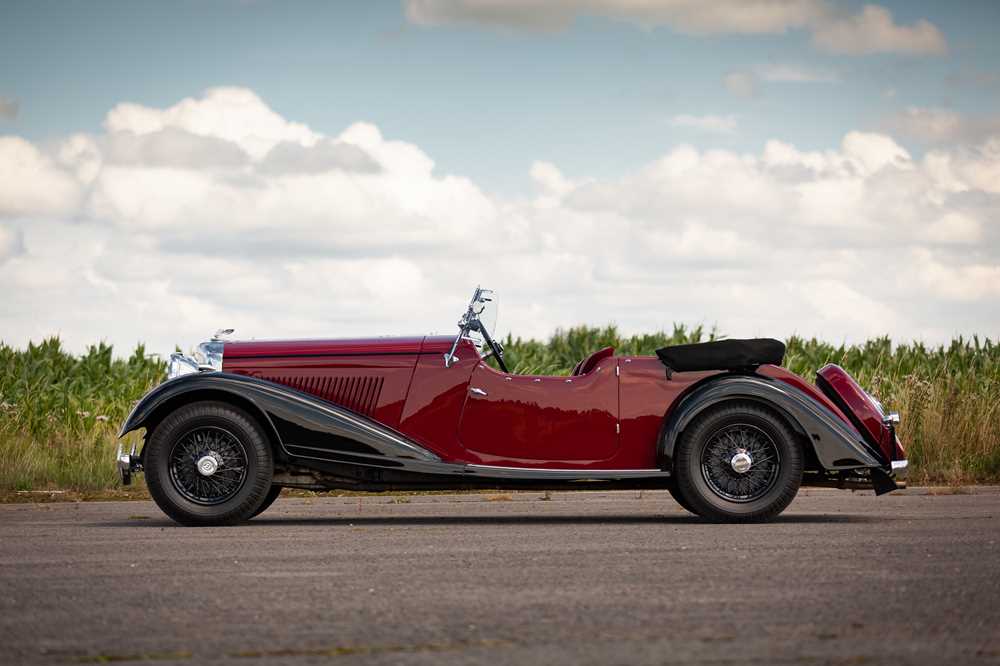DETAILS
Make - Bentley
Model - Vanden Plas-style Tourer
Vehicle Registration - 941 EXC
Chassis Number - B122MR
MOT - Exempt
Price - £99,995
All enquires please call 01925 210035 or email sales@HandH.co.uk
Sold -1939 Bentley 4.25 Litre Vanden Plas-style Tourer
A Rare MR Overdrive Chassis Model
£99,995
DESCRIPTION
First registered on 30th March 1939, chassis B122MR denotes that it is a superb example of the rare overdrive chassis and is therefore, one of only 100 MR series manufactured (estimates suggest there may be less than 80 survivors). She began life as a Hooper bodied saloon but was rebodied by master craftsman Tony Robinson in the style of a Vanden Plas Tourer during 1971 with the four-seater’s elegant coachwork reportedly being modeled on that of an ex-Malcolm Campbell Derby Bentley which sat alongside it in Mr Robinson’s workshops. Belonging to Martin Way Esq for a number of years, ‘941 EXC’ was bought by prominent Bentley Drivers’ Club member Philip Evans in 1986. Showing an indicated 55,106 miles when MOT tested on November 12th that year, chassis B122MR was extensively enjoyed and improved during Mr Evans’ twenty-year custodianship. The original engine was overhauled by Brunts of Silverdale with the back axle, steering, one-shot lubrication system, dashboard and instruments being refurbished too. Cosmetically, it benefited from the fitting of new wings prior to being resprayed and retrimmed. A multiple concours award winner at events as diverse as ‘Top Cars on Top of the World’ and the Rallye de Fougeres, the Bentley also covered tens of thousands of miles around New Zealand, Canada, New England, New York, Scandinavia and southern Europe etc without missing a beat.
This four-seater was bought by race car specialist John Harper for use at his French holiday home. Kept and maintained by Mr Harper for nine years, ‘941 EXC’ entered the current ownership – that of our founder Simon Hope – in 2015. Having known the Derby Bentley for nearly thirty years and with first-hand experience of its capabilities thanks to Mr Evans’ generosity, Simon was determined to make it look as well as it drove and maybe even a concours contender once more. Entrusted to 355 Automobile Restorations Ltd of Albury for a bodywork renovation and bare metal respray, chassis B122MR also gained a new hood and tonneau cover plus refinished brightwork and fresh tyres. Driven some 1,300 trouble-free miles to the 2016 Le Mans Classic, that same year saw it selected for Cheshire Concours d’Esprit at Oulton Park and come second in the coachbuilt pre-war class at The Warren Classic and Supercar Show. Not the slowest driver in the world, Simon has made ample use of the car’s high-speed cruising gait during journeys around the UK.
Only being sold due to not being used as much as it should be recently, this desirable Post Vintage Thoroughbred is worthy of close inspection. Among the fastest and most usable of all prewar Bentleys, the ‘overdrive’ series Derbys are justly sought after.
Model Background:
Unveiled to great acclaim at the August 1933 Ascot Races, the Derby Bentley was underpinned by a ‘double dropped’ chassis featuring all-round semi-elliptic suspension and four-wheel drum brakes. Powered by a more potent version of its Rolls-Royce 20/25 sibling’s 3669cc OHV straight-six engine allied to four-speed manual transmission, the newcomer was soon christened the ‘Silent Sportscar’. Responding to increased competition from the likes of Alvis and Lagonda, Bentley gave its customers the option of a larger 4257cc engine during the 1936 season. Priced at £50, a comparatively modest sum compared to the cost of a basic chassis, the new unit proved so popular that the smaller capacity powerplant was soon dropped. Nicely balanced to begin with, the Derby Bentley chassis proved more than capable of handling the extra power and torque. Further revised in late 1938, the ‘Silent Sportscar’ gained centralised chassis lubrication, automatic shock absorbers (with hand control override), better steering, improved 'big-end' crankshaft bearings and - most importantly of all - an 'overdrive' gearbox with direct drive on 3rd gear and overdrive on 4th gear. Available from chassis B2MR onwards, these modifications allowed it to tackle Europe’s first generation of high-speed roads such as Italy's autostradas or Germany's autobahns with confidence. Long sought after due to their relaxed cruising capabilities and theoretical 100mph plus performance (they were geared to 107mph in 'overdrive' top), production of the final MR and MX series amounted to a mere 200 cars.
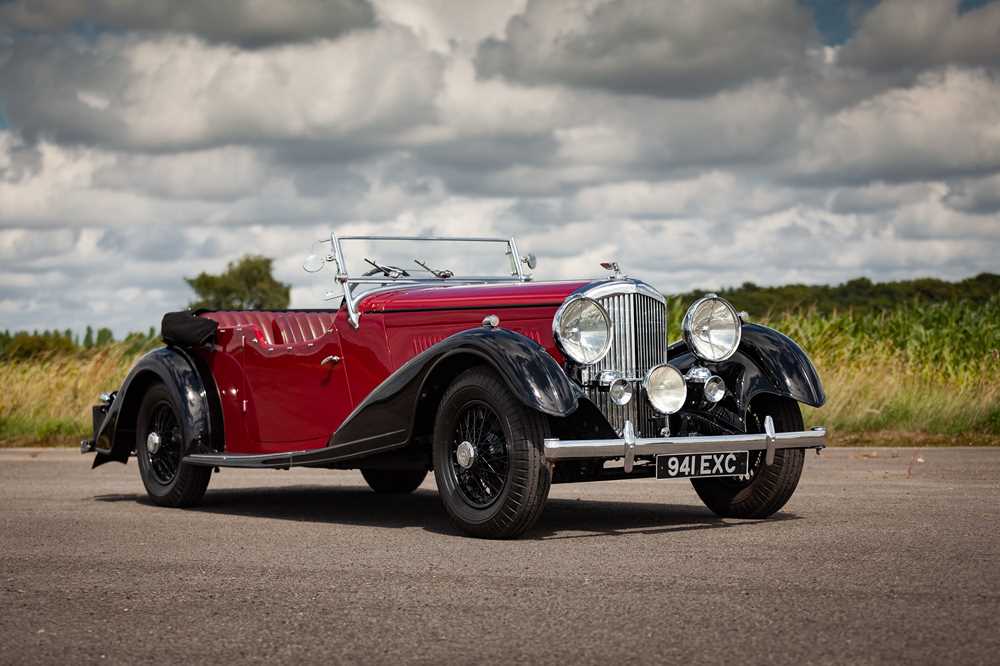

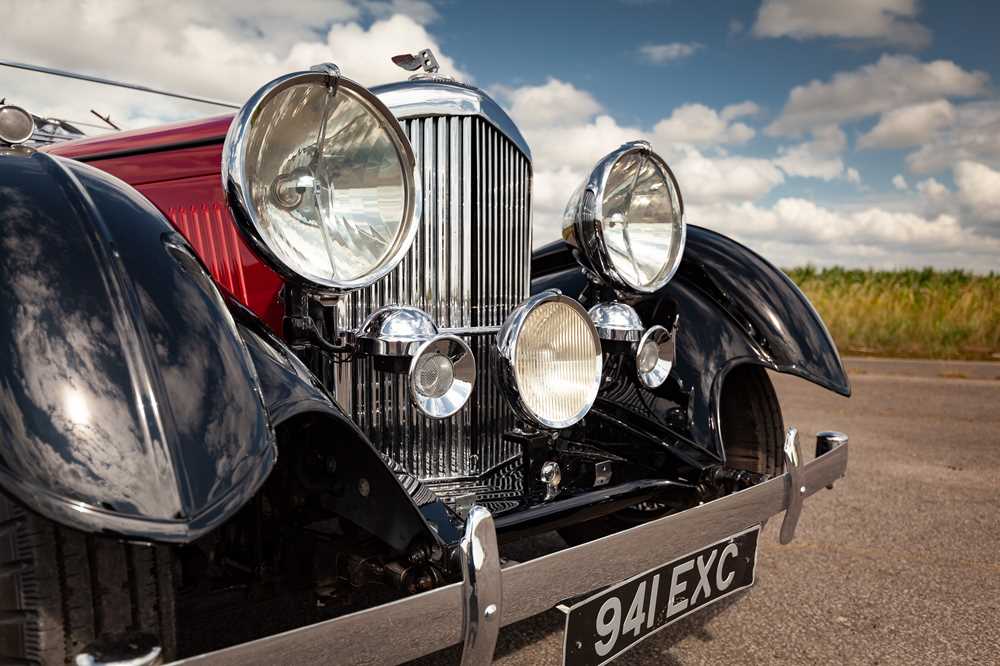
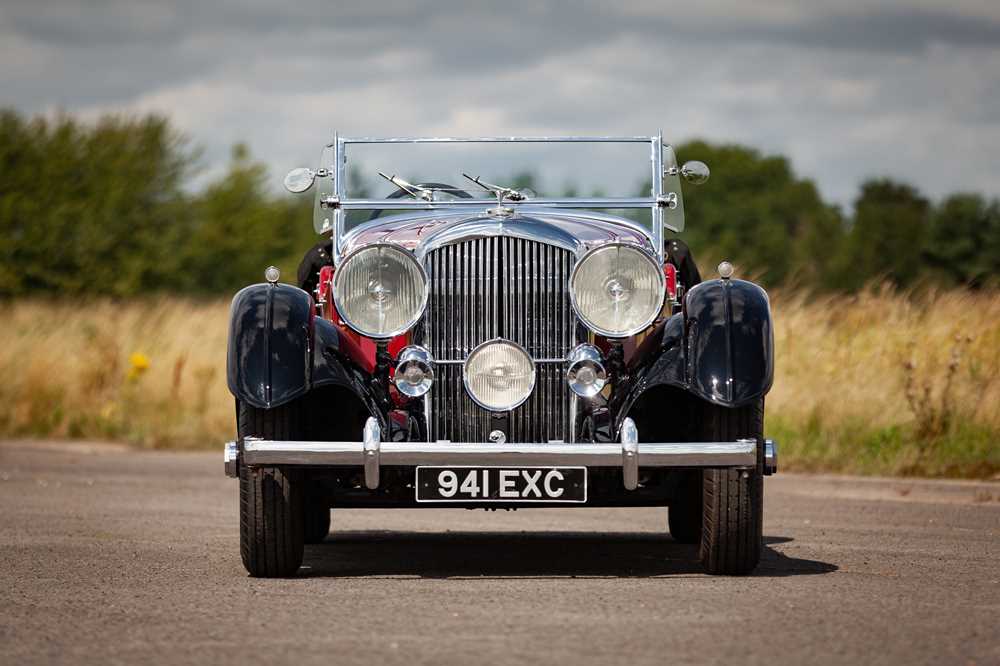
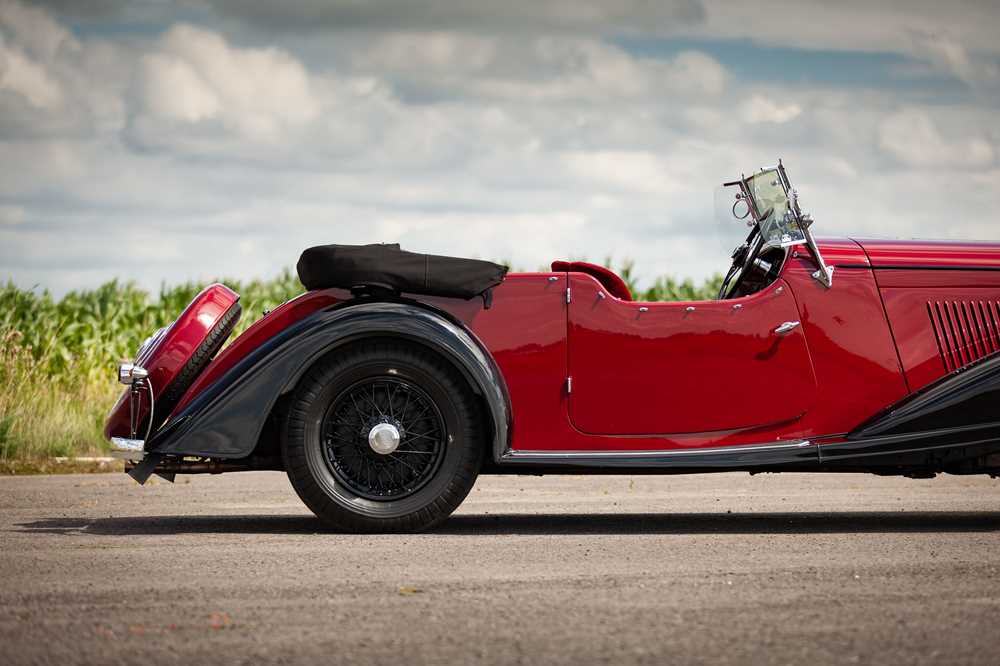
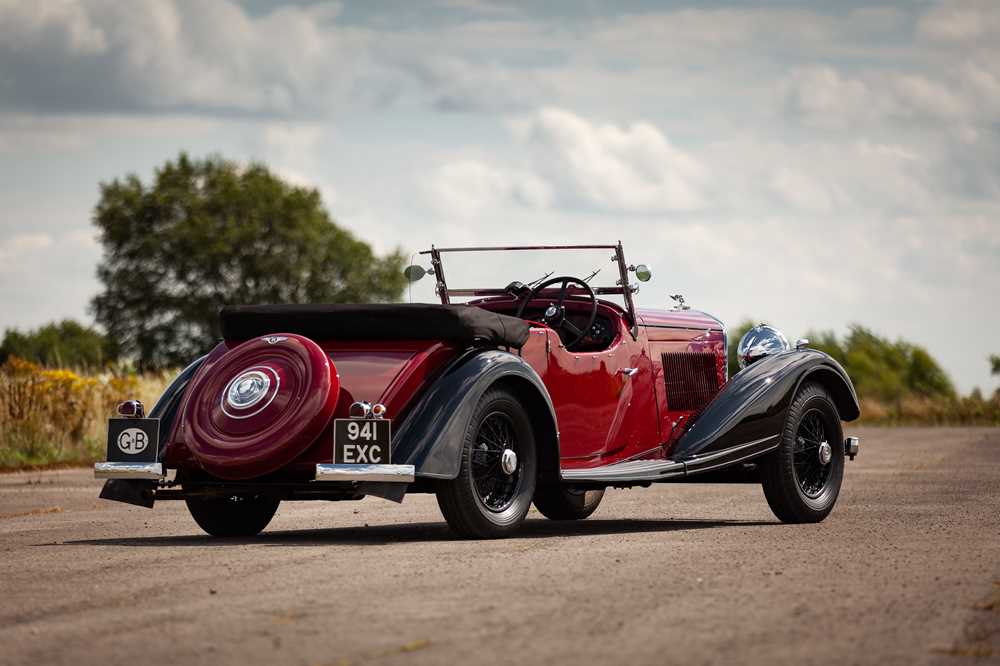
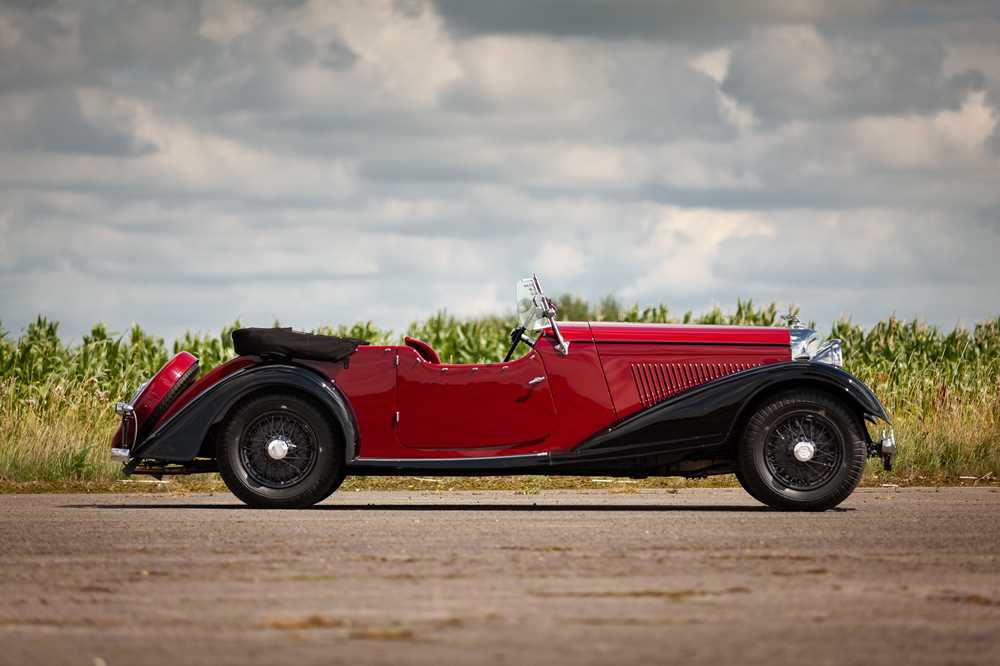
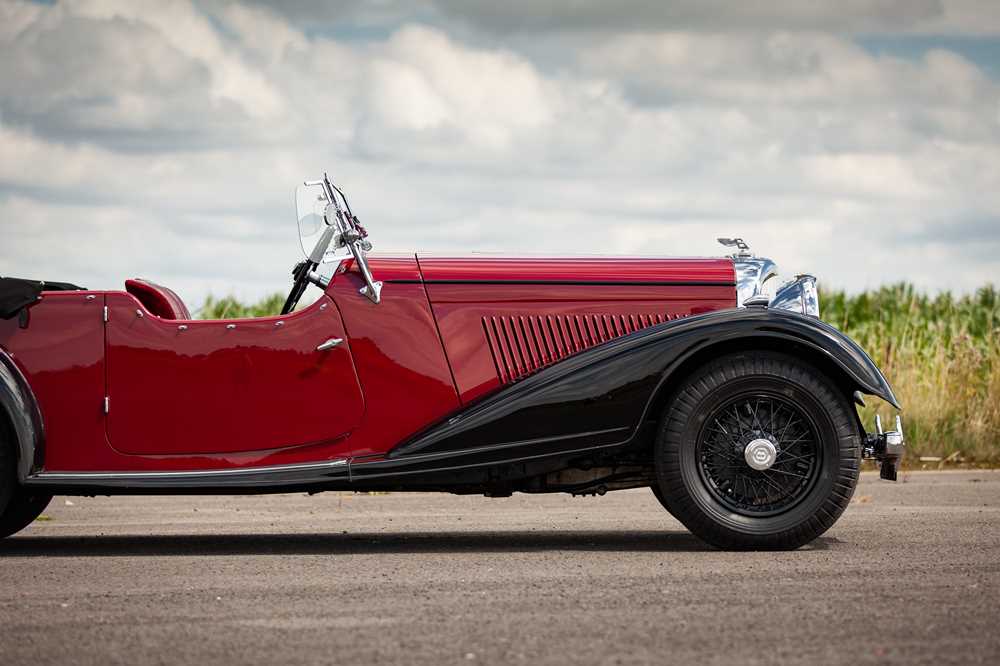
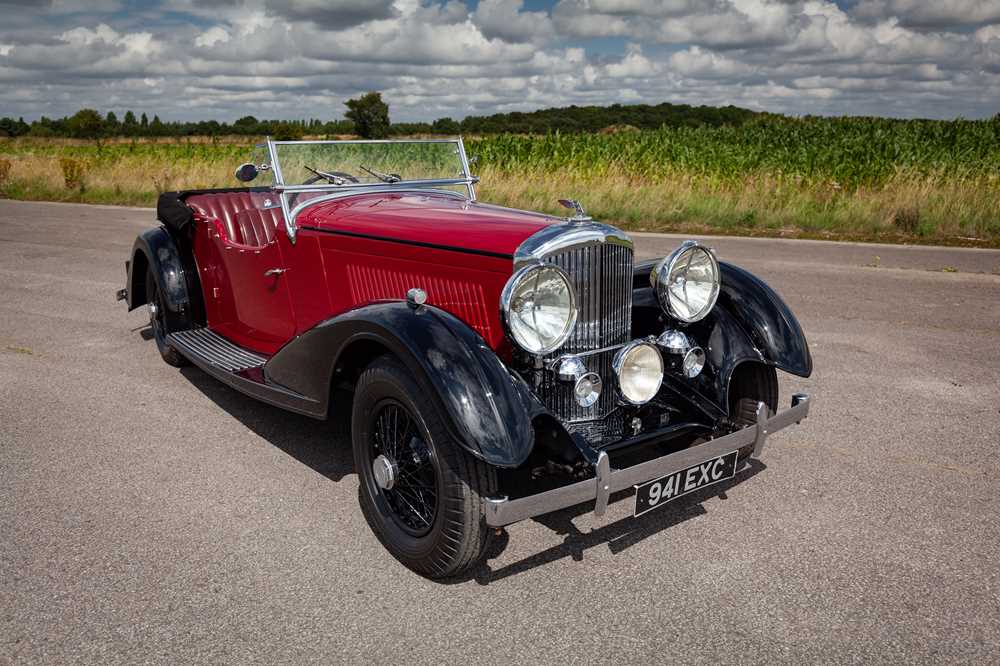
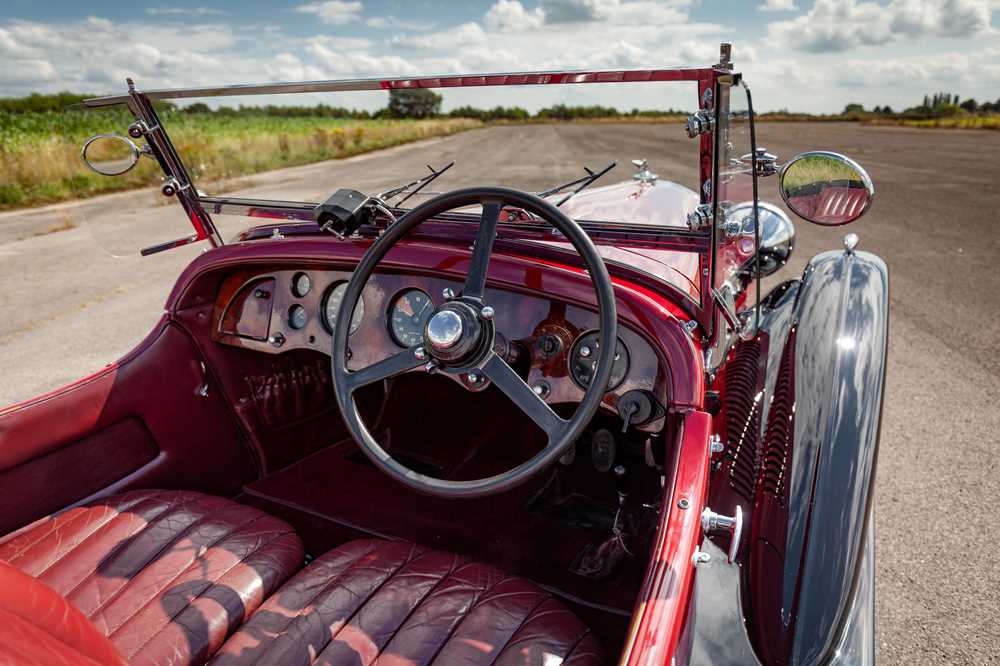
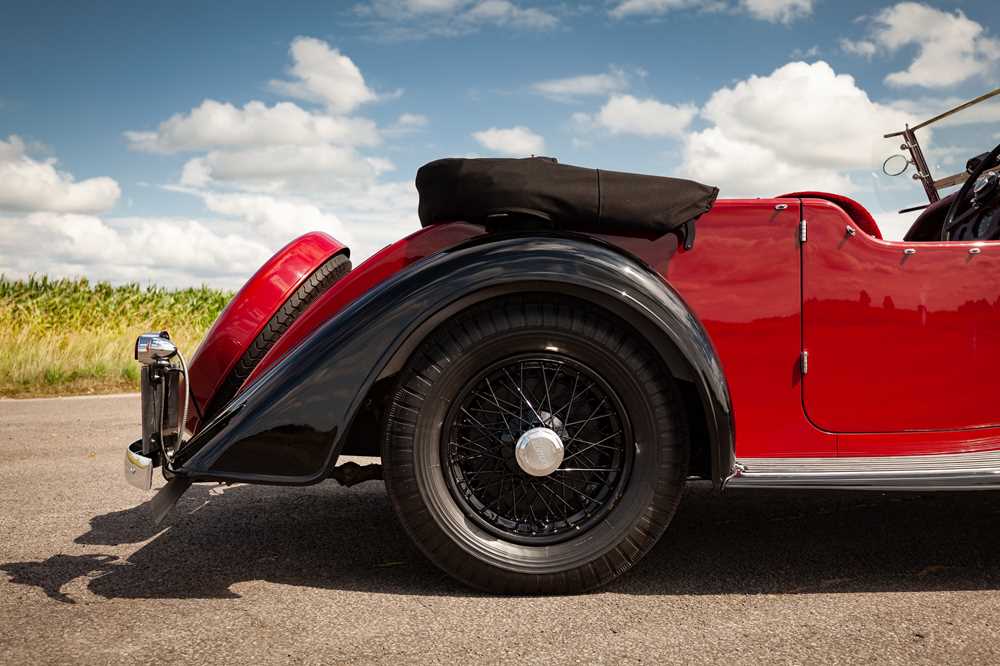
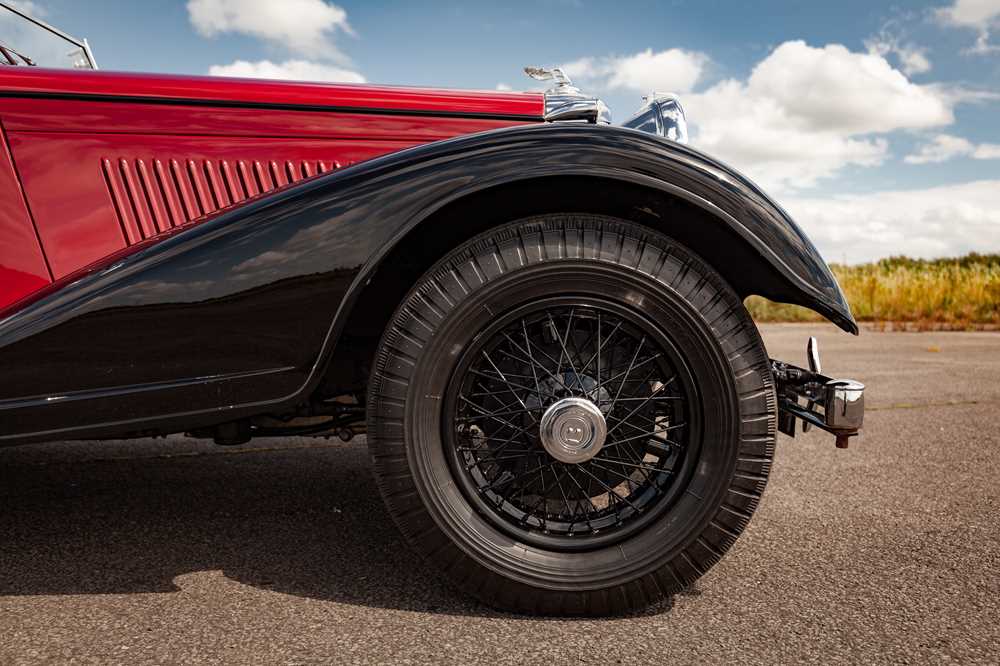
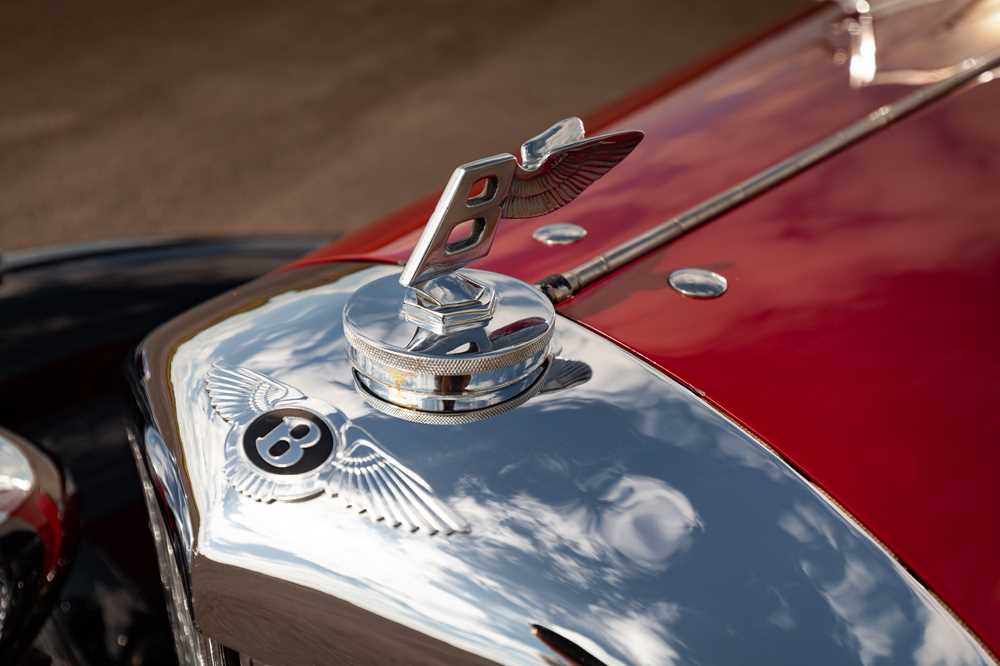
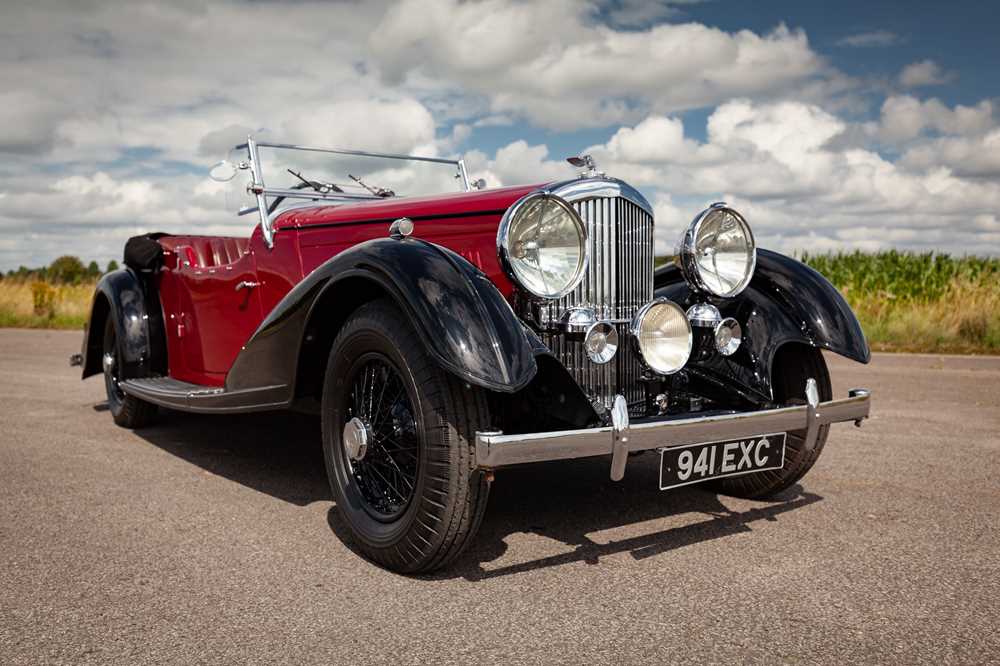
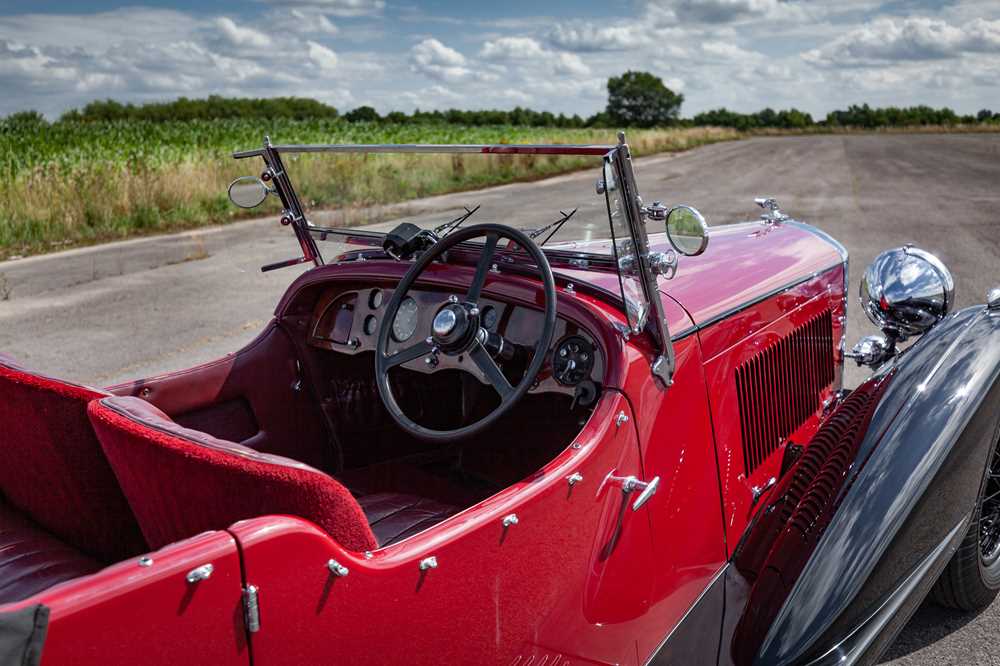
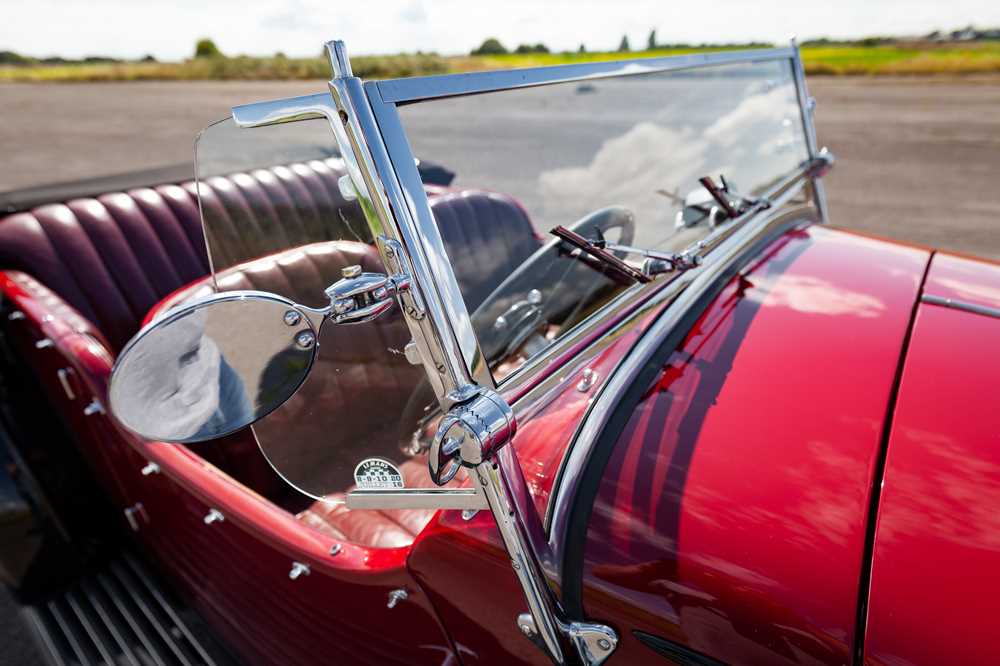
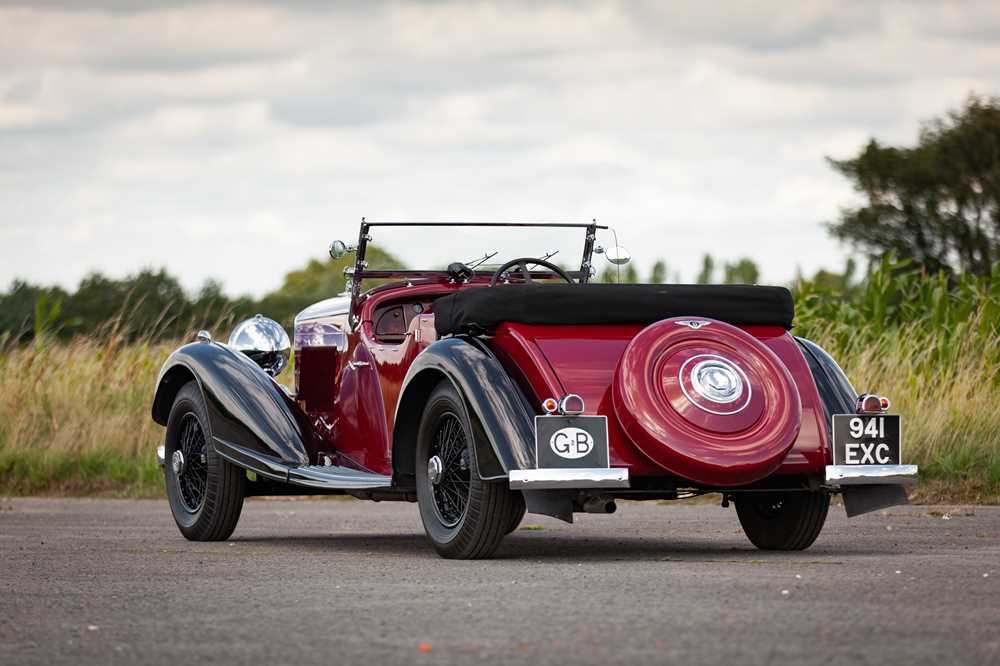
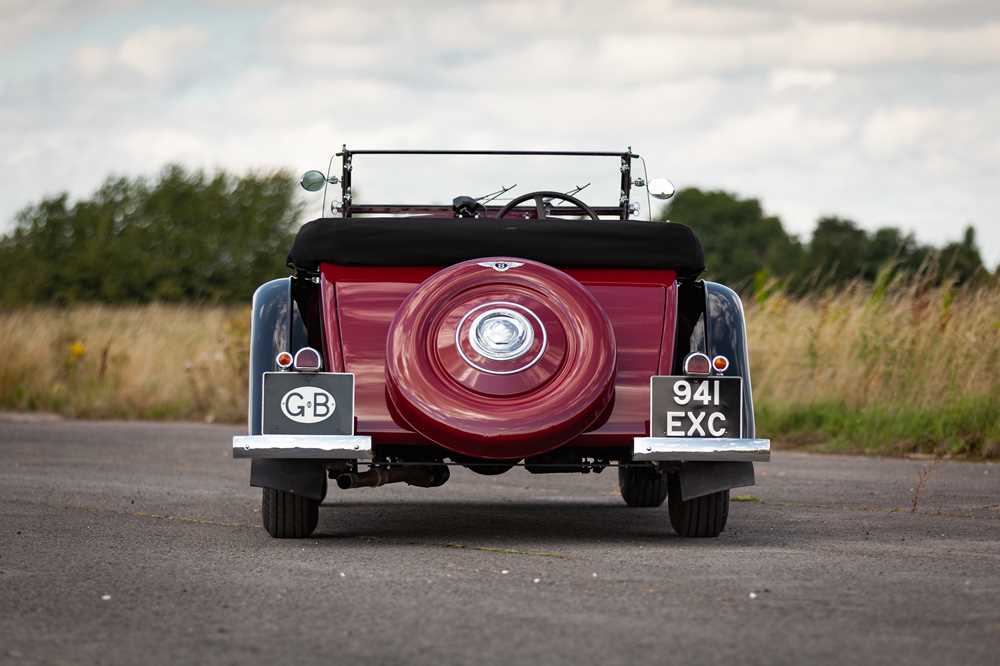
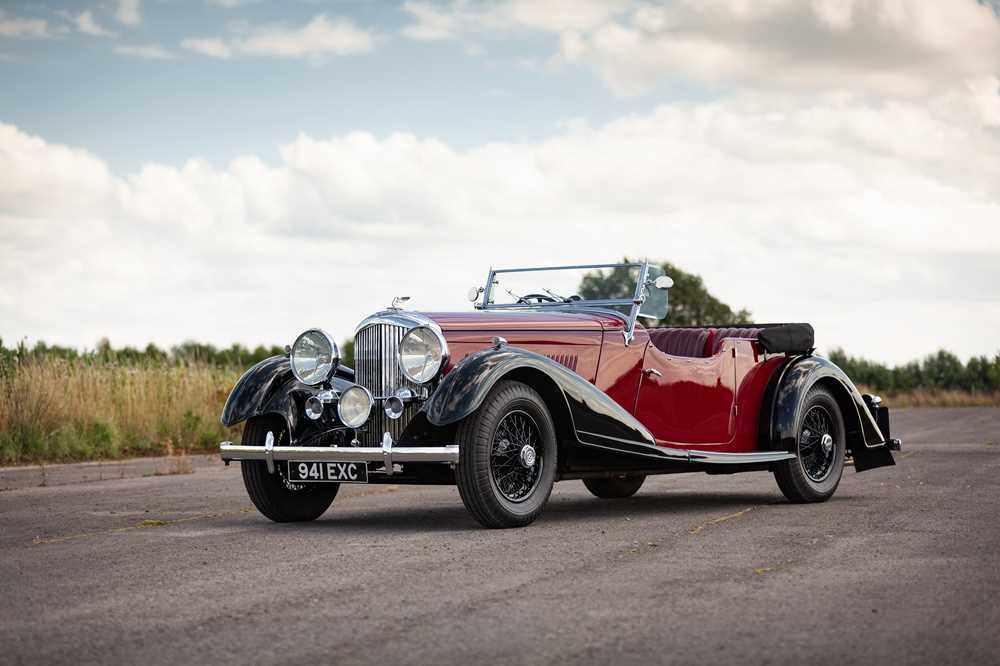
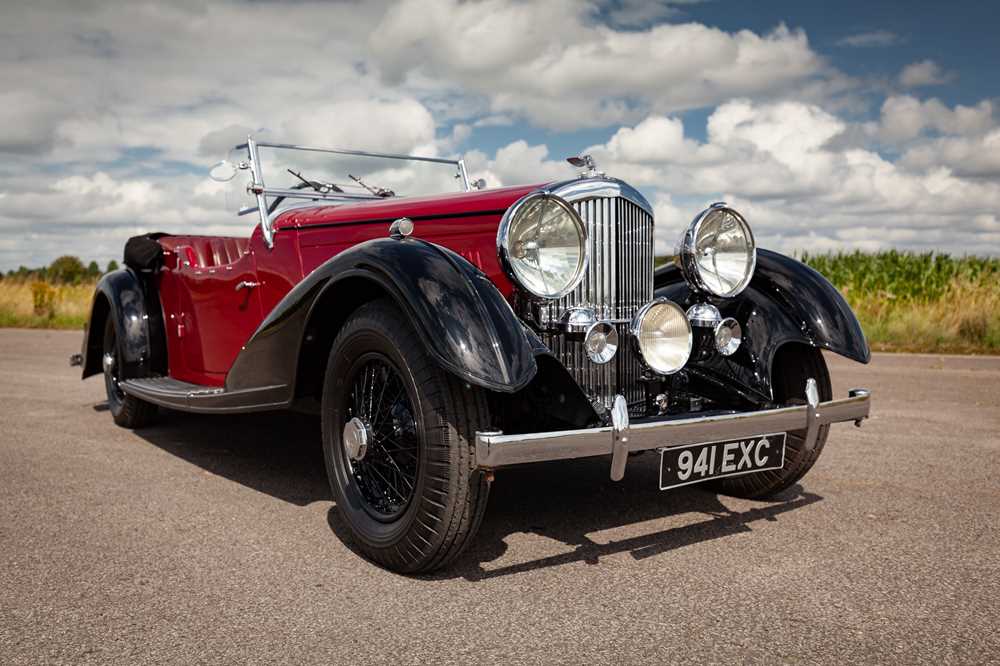
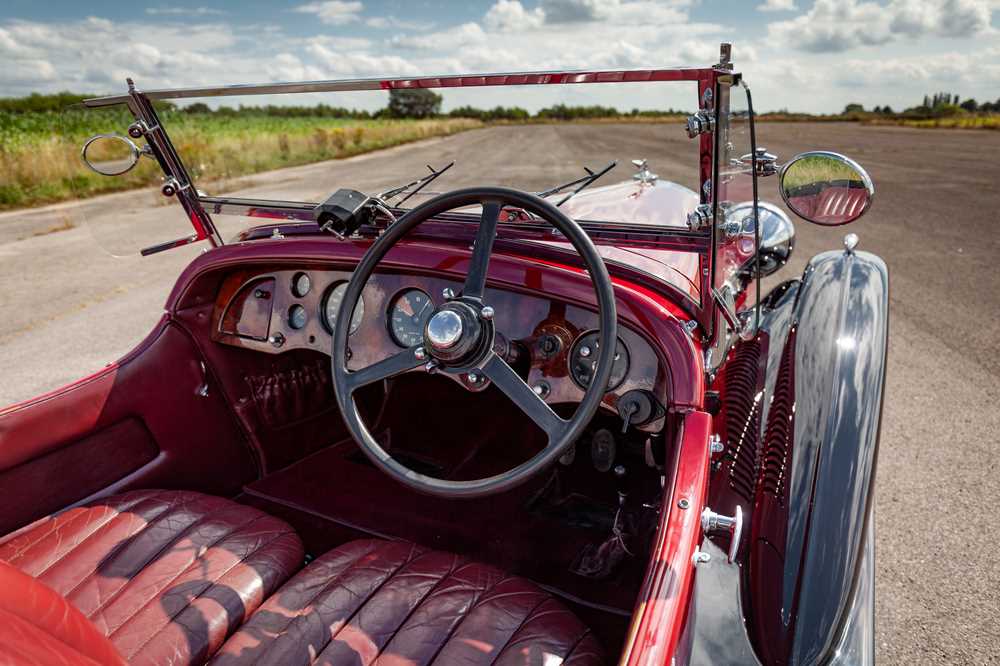

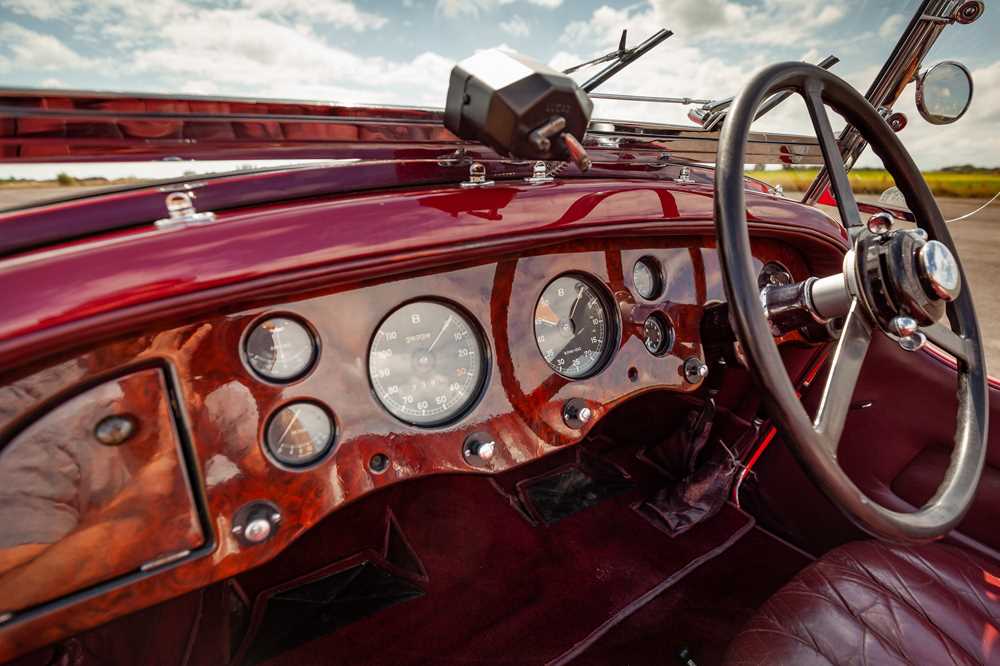

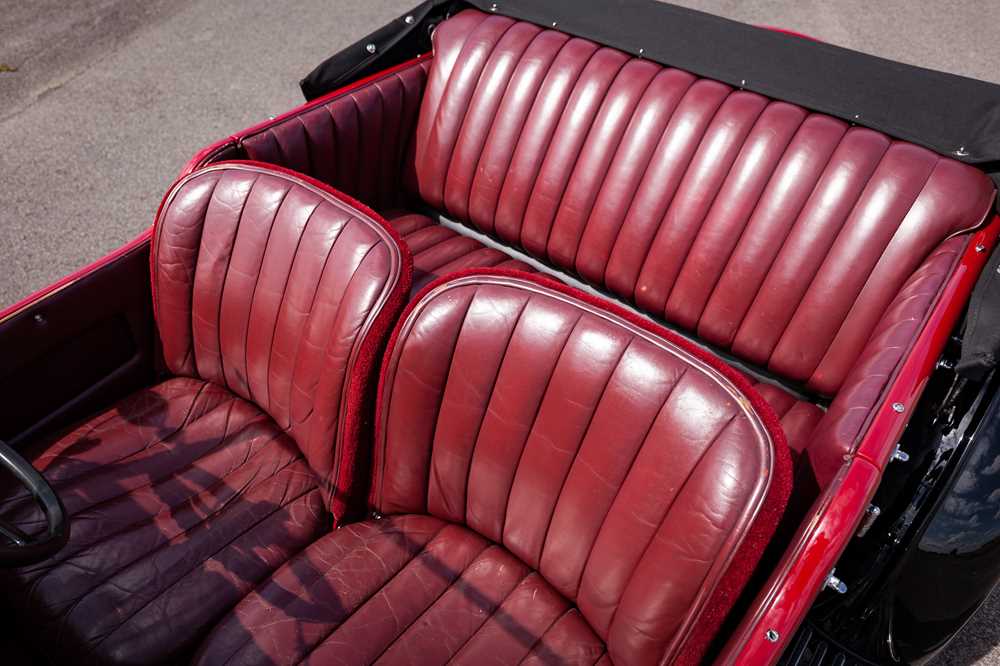
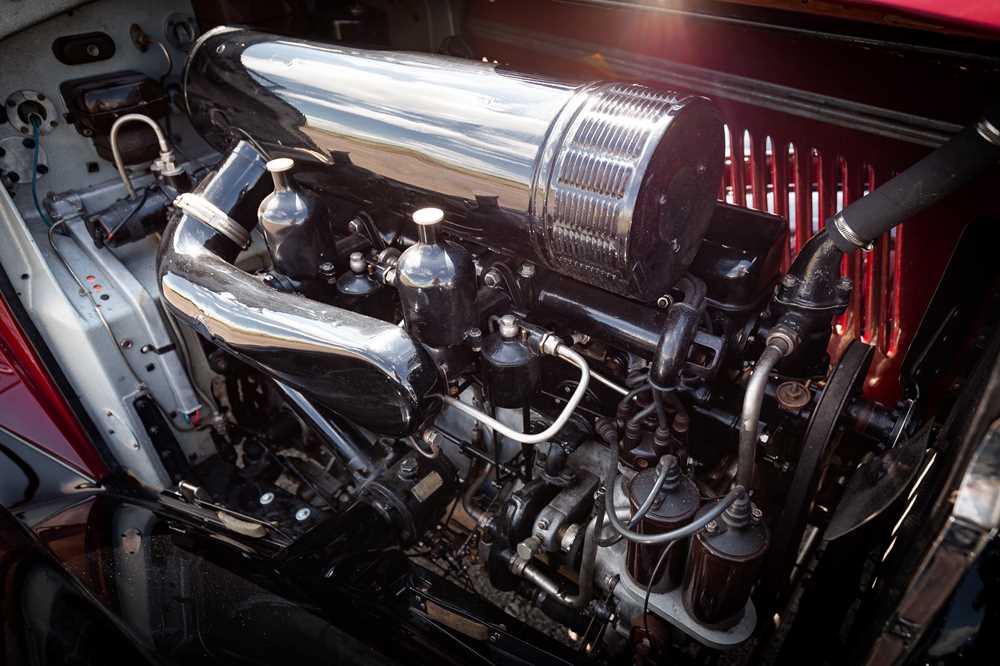
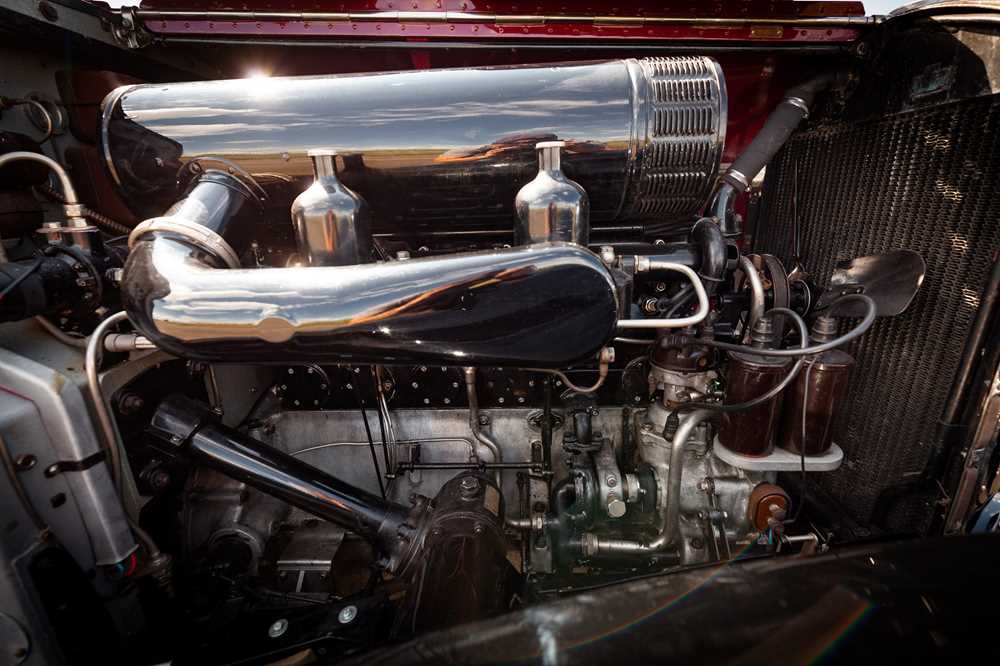
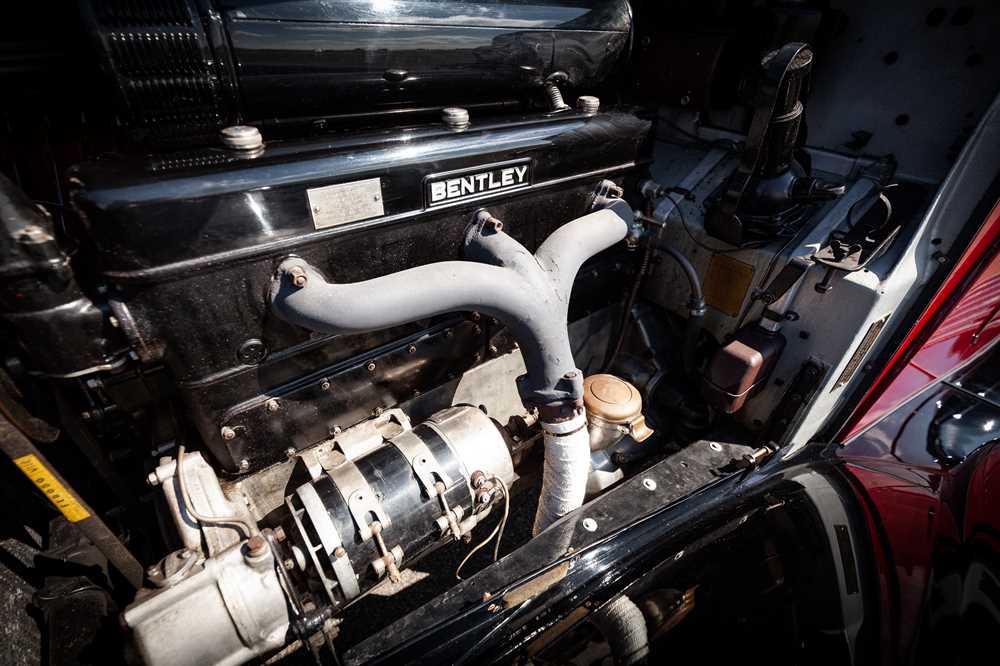
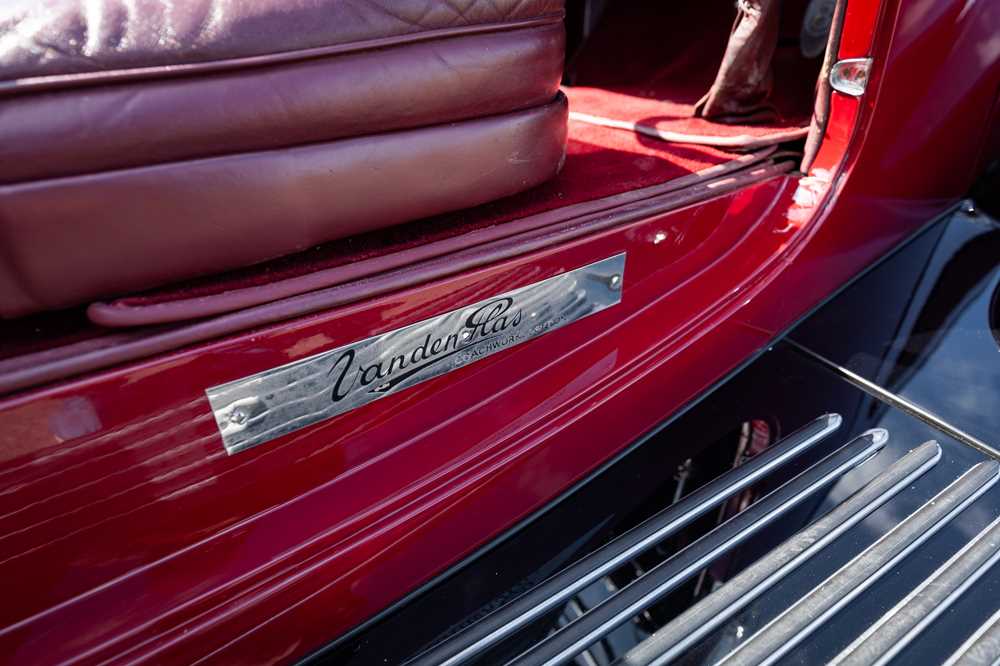
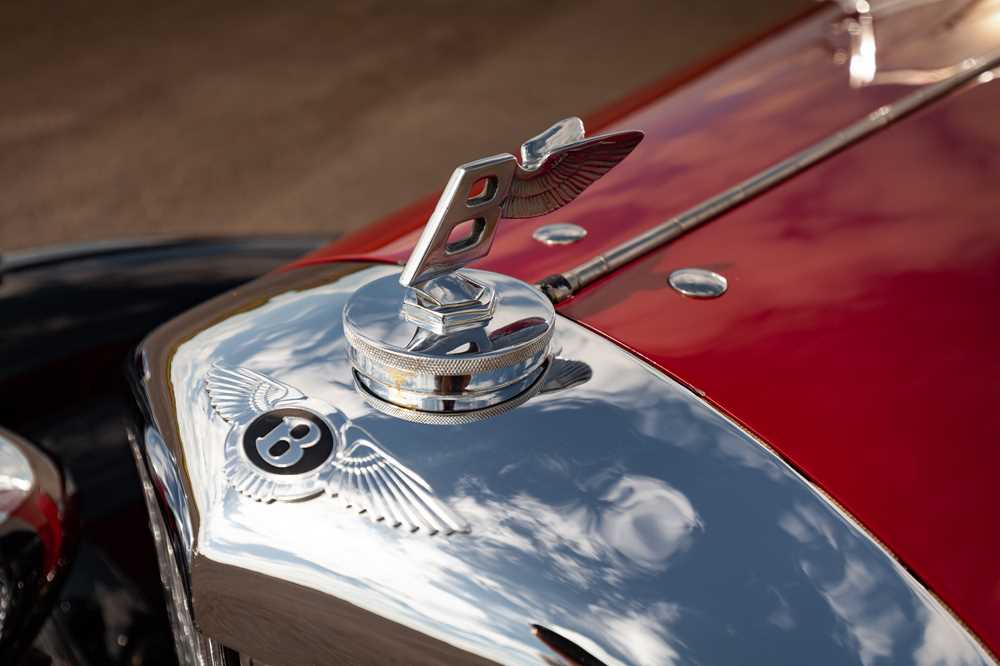
.jpg)
